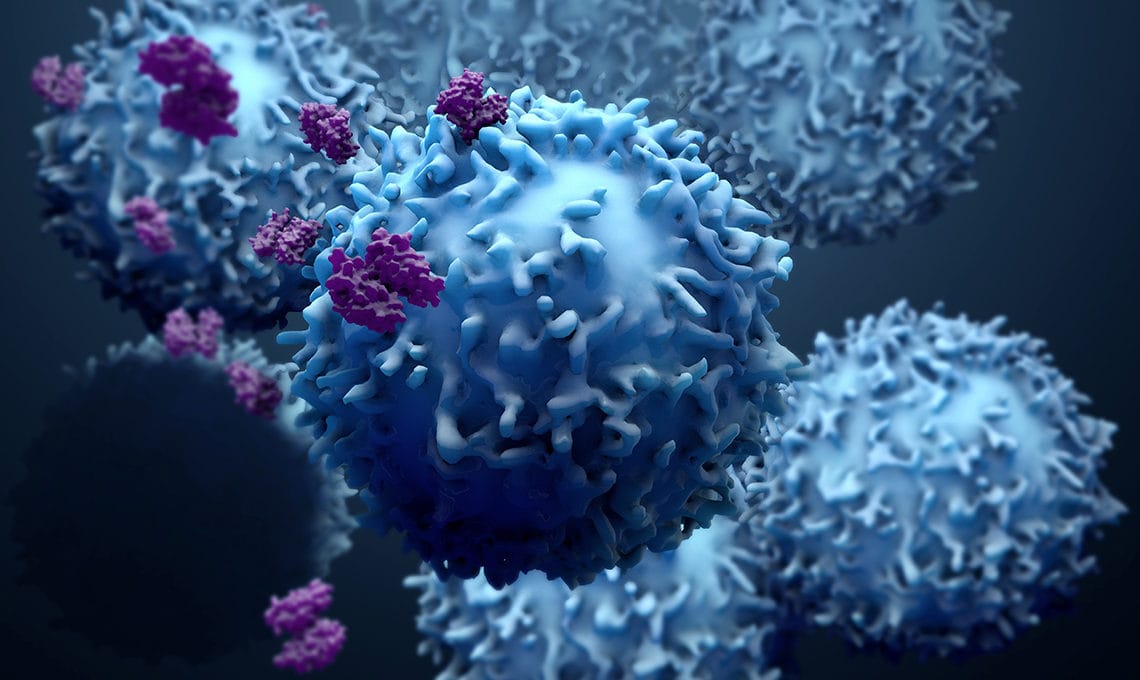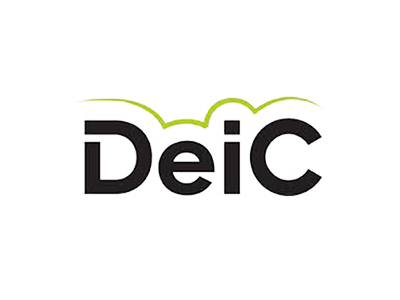
Supercomputing takes cancer research to a new level
While a variety of genetic factors are known to play major roles in relation to cancer, the specific pathways still largely remain to be discovered. This is the main scope of computational biology. The field is still relatively young, and the sheer size of the data sets involved remains a challenge. However, High-Performance Computing (HPC), also known as supercomputing, is increasingly coming to the rescue. The Danish Cancer Society Research Center (DCRC) has set up a research group on Cancer Systems Biology taking advantage of the emerging opportunities.
“Elena Papaleo (heading the initiative, ed.) and her group are trailblazers in a very important field where science as well as requirements develop fast. Their work in this area is key for competitiveness in science,” says Mef Christina Nilbert, DCRC Research Director at the Danish research e-infrastructure provider DeiC.
Climbing the learning curve
The journey started some 10 years ago, when Elena Papaleo joined DCRC as a researcher. Besides heading the group at DCRC, she is Associate Professor at the Department of Health Technology Bioinformatics at the Technical University of Denmark (DTU).
“We started from scratch. DCRC did not even know that they needed HPC facilities. It was an interesting learning process as it became clear that local facilities were too small, and therefore after some years a collaboration was initiated with a national HPC facility, Computerome. We could not model what we dreamed to do with only a few clusters,” says Elena Papaleo.
The group was able to benefit from DeiC pilot grants to national HPC, and soon after followed time at large-scale international HPC resources.
“There is a learning curve when you need to interact with at new infrastructure. All the team members involved were encouraged to document learning and challenges during the work with supercomputers specific for our work. The experiences we made by interacting with HPC facilities all over the world were anchored on an internal website at DCRC, where tips and tricks were kept for group members. This was important for evolving our field specific HPC competences on top of general Wiki pages with HPC information,” says Elena Papaleo.
Cross-fertilizing HPC competencies
Some projects conducted in collaboration with clinicians at hospitals required that HPC was compliant with GDPR (European Union regulation for data privacy, ed.). In other projects, it was important to ensure enough capacity for storage and time needed for the computation as large amounts of data were generated, e.g., when modelling protein structures and their dynamics. Analysis of images can create data in Terabyte-scale that require expansion of local storage capacity but also call for the need of using external storage facilities.
Two years ago, DCRC established the Bioinformatics Taskforce coordinating computational work across the institution.
“The taskforce was formed to meet variable needs in analysing biological data, to share experiences and developing together. As such it provides an important addition to our research centre’s learning environment,” says Research Director Mef Christina Nilbert, DCRC.
Elena Papaleo adds: “The taskforce has cross-fertilized HPC competences across internal research groups as-a-service, and DCRC has moved to a multidisciplinary approach for looking at core questions within cancer research.”
Taking cancer science to a higher level
DeiC, the NREN of Denmark, continuously monitors who uses the national and international HPC resources. According to the latest survey, researchers from DCRC were co-authors of no less than 17 of the 255 publications which included use of international HPC. A clear indication of the rising importance of supercomputing in cancer research.
The efforts in computational biology have strengthened the position of DCRC as a research partner, Elena Papaleo concludes:
“It requires collaborative efforts, tackling the same scientific problem form different points of view, and it would not have been possible without making many calculations in parallel. DCRC has been able to explore cancer science on a new level using HPC.”
The text is inspired by the article “Supercomputing was a gamechanger for Danish Cancer Society Research Center” at the DeiC homepage.
For more information please contact our contributor(s):

